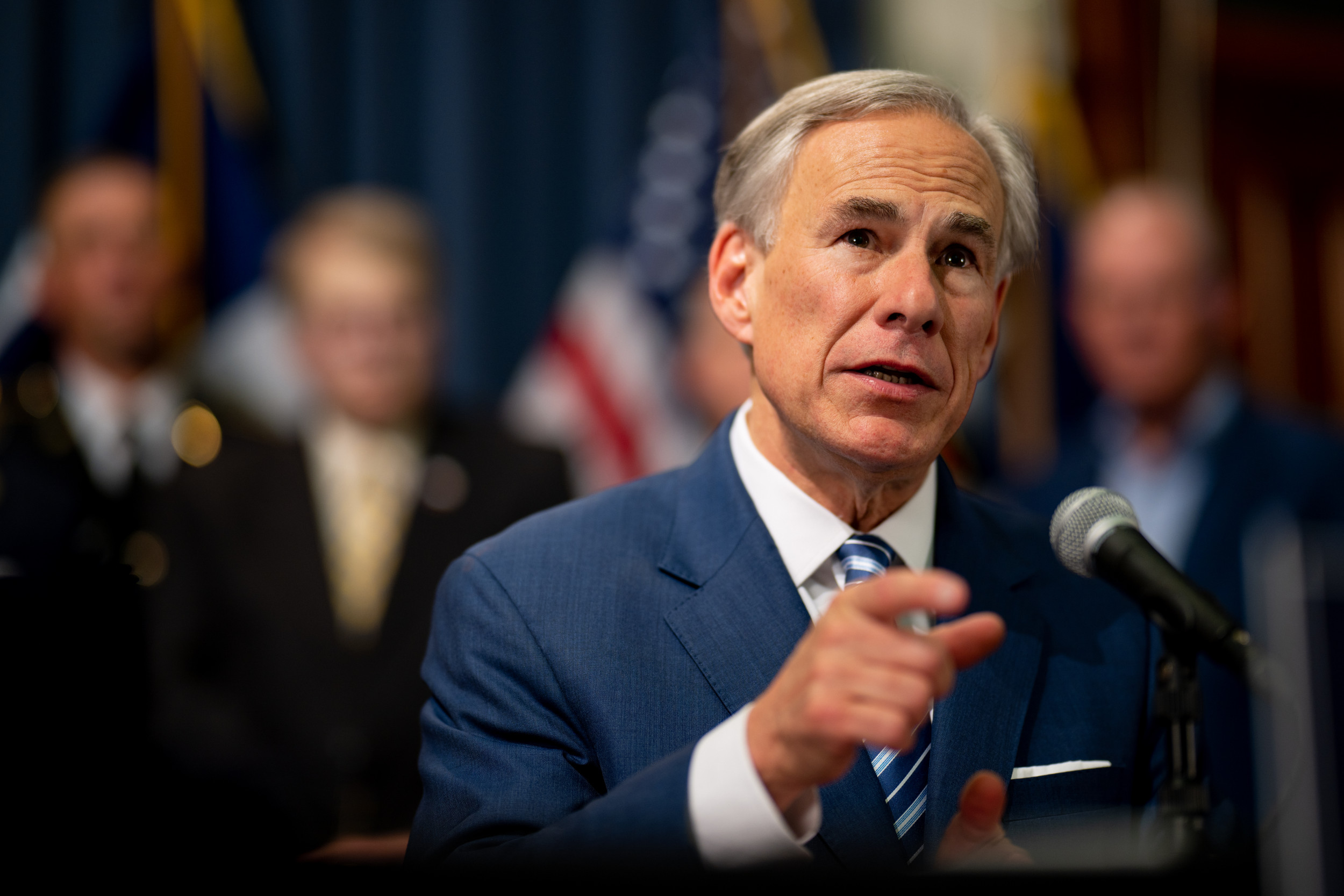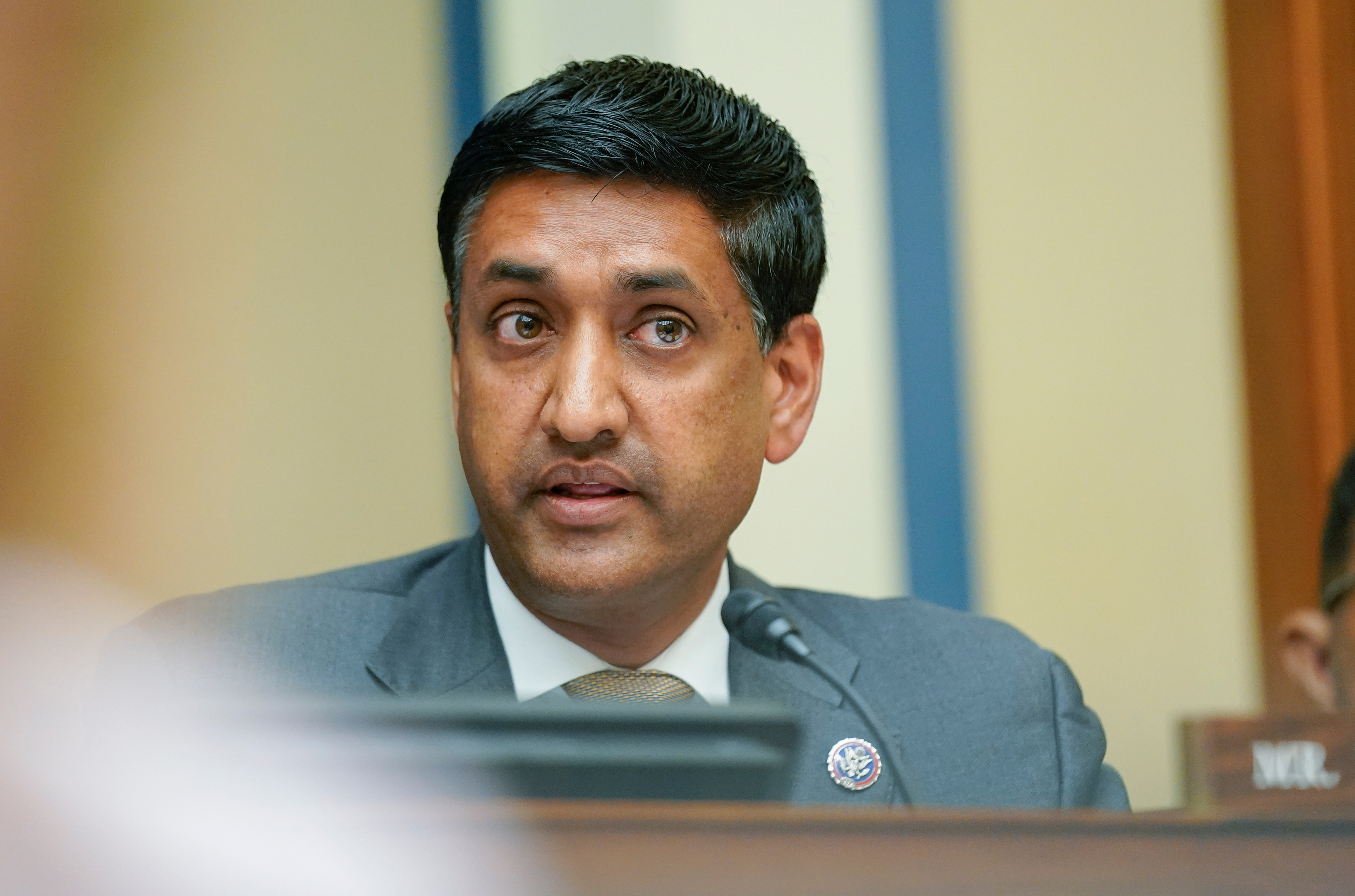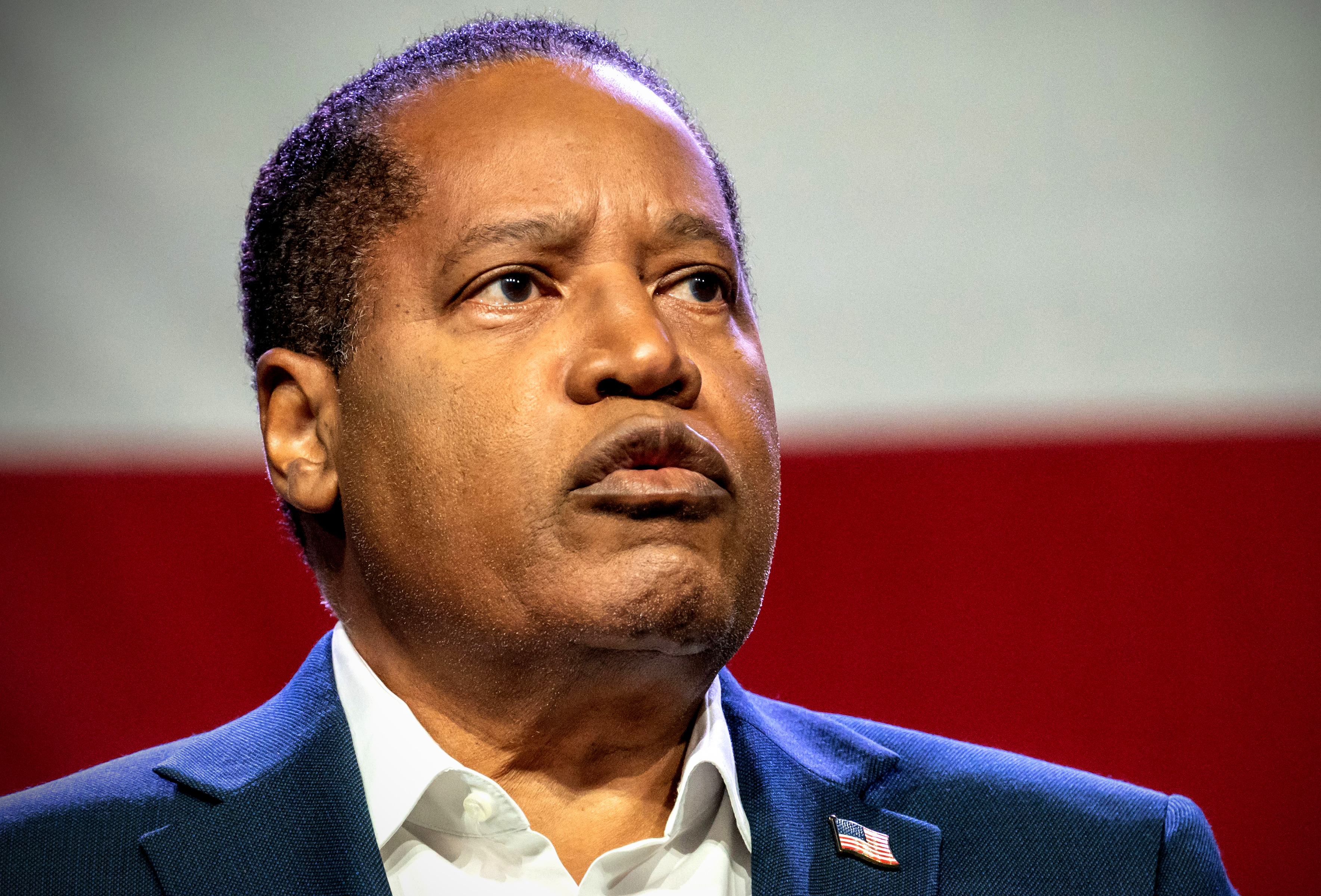Over the past several years, it's tough to be too critical of the Kansas City Chiefs' roster management. Even if some moves seemed like a gamble—moving Tyreek Hill springs to mind—the AFC West club hasn't missed a beat. The likes of Patrick Mahomes and Travis Kelce occupy a good chunk of the salary cap, but they've proven that they can elevate those around them and keep a good thing rolling.
There is one choice, though, that looks like quite the blunder in hindsight.
During the 2020 NFL draft, KC snapped up Clyde Edwards-Helaire at the end of the first round. The move seemed savvy at the time, but the LSU product never truly found his feet at the professional level. Adding insult to injury was the fact that Jonathan Taylor joined the Indianapolis Colts nine picks later.
But now, years later, Taylor is reportedly available for a trade, and the Chiefs can bring him to Arrowhead.
That doesn't mean they should, though.

Jonathan Taylor an interesting trade target for Chiefs
With Andy Reid running the show and Patrick Mahomes under center, the Kansas City Chiefs have assembled an offense that would be at home in a game of Madden. The unit has become less reliant on home-run plays, but each and every snap has a legitimate chance of producing a touchdown.
Through that lens, it's tempting to imagine Jonathan Taylor lining up in Kansas City's backfield. When healthy, the running back is capable of breaking off breaking the game wide open; his presence would theoretically force teams to pack the box, giving Mahomes and his receivers more room to work.
Jonathan Taylor landing spots:
— Ian Hartitz (@Ihartitz) August 21, 2023
Best for fantasy: Dolphins
Most terrifying in real life: Chiefs, Eagles, Bills
Funniest: Falcons
Low-key flames: Rams
Pretty cool once you think about it: Bears
WTF guys: Lions
Unnecessary but funny: Jets, Seahawks
For the love of God no: Tampa Bay
There would also be an element of righting a past wrong.
After KC won the Super Bowl title in early 2020, the club used its first-round selection to acquire Clyde Edwards-Helaire. That move looked good at the time—the LSU product was comfortable carrying the ball and catching passes, making him an ideal fit for Andy Reid's offense—but things didn't really click.
In that same timeframe, Taylor surged. Even with an injury-shortened 2022 campaign, the Colts' running back has overshadowed Edwards-Helaire's output.
While it's tough to compare different players in different systems, the draft board makes it tough to avoid delving into hypotheticals. Plug Taylor into an explosive Chiefs offense, and the numbers could look even better.
Can the Chiefs afford to trade for Taylor?
While fixing a mistake is tempting—who doesn't like getting a do-over?—that doesn't mean that it's the right course of action. That can be said for the Kansas City Chiefs chasing Jonathan Taylor.
The first and most obvious hurdle to a potential trade is the financial reality at play. Spotrac lists Kansas City as being approximately $500,000 over the Top-51 salary cap, which would make absorbing Taylor's contract a challenge. There would be space for an extension, but that raises questions about allocation of money. At what point do you simply have too much money allotted to the offense?
The Chiefs do have something of a magic bullet in the form of Patrick Mahomes' contract, which has already been restructured, but that doesn't provide a blank check. Even if the club can manufacture a bit more spending money, there are more obvious places to spend it than acquiring Taylor.
Chris Jones has been holding out for a new contract, creating a massive hole in the defensive unit. While it's possible the club has a number in mind and won't pay the tackle anything over that amount, it would seem logical to use any available cash to retain the services of an elite talent who has already proven himself in KC.
Jonathan Taylor is too good to be worth the Chiefs' money
Beyond that, let's consider team fit.
The Chiefs have found success with a diverse attack based around Patrick Mahomes and Travis Kelce. Running backs certainly have a role, but you shouldn't expect Andy Reid to call for 50 hand-offs per game. Touches do come from carries, but there are also plenty of shovel passes, screens, and receiving routes that run out of the backfield.
Taylor is incredibly talented, but he's not a perfect match for that template. The running back is explosive and throws things back to the one-cut players of old. He's also a workhorse out of the backfield, averaging 17.6 carries per game across his career. He can catch the ball (2.42 receptions per game in the pros) but isn't too reliant on that part of his game.
Could he use those skills in Kansas City? Of course, but it would seem like a less-than-ideal match for both parties. Taylor would lose touches and having him run gadget plays would waste his skills; he's also a capable pass blocker, but do you really want your big trade acquisition to be tucked into the backfield chipping the defensive end?
Mahomes would also be handing the ball off more than he otherwise would, limiting his ability to affect the game. Trying to have your cake and eat it too can result in everyone going hungry.
Ultimately, it all comes down to asset management. An NFL team, especially one that's chasing Super Bowl titles, can't afford to pay a running back millions of dollars simply to provide a change of pace and chew up the clock at the end of victories. And that's where the Chiefs find themselves. Even if they can afford a Jonathan Taylor trade—which isn't a forgone conclusion—it would seem to suggest a stylistic mismatch. Building a pass-blocking offensive line, for example, doesn't mesh with running the ball 35 times per game.
To that end, Taylor is essentially too good for the Chiefs to realistically consider. This is a game-breaking player, who (theoretically) commands a big salary to become the focal point of the offense. Kansas City would have to pay retail price, but could only reap a portion of the on-field rewards.
And while we began this piece by positing that drafting Clyde Edwards-Helaire was a mistake, there is a silver lining to that reality. If anything, his struggles, combined with the Chiefs' success, could be viewed as proof that Kansas City doesn't need a star running back.








